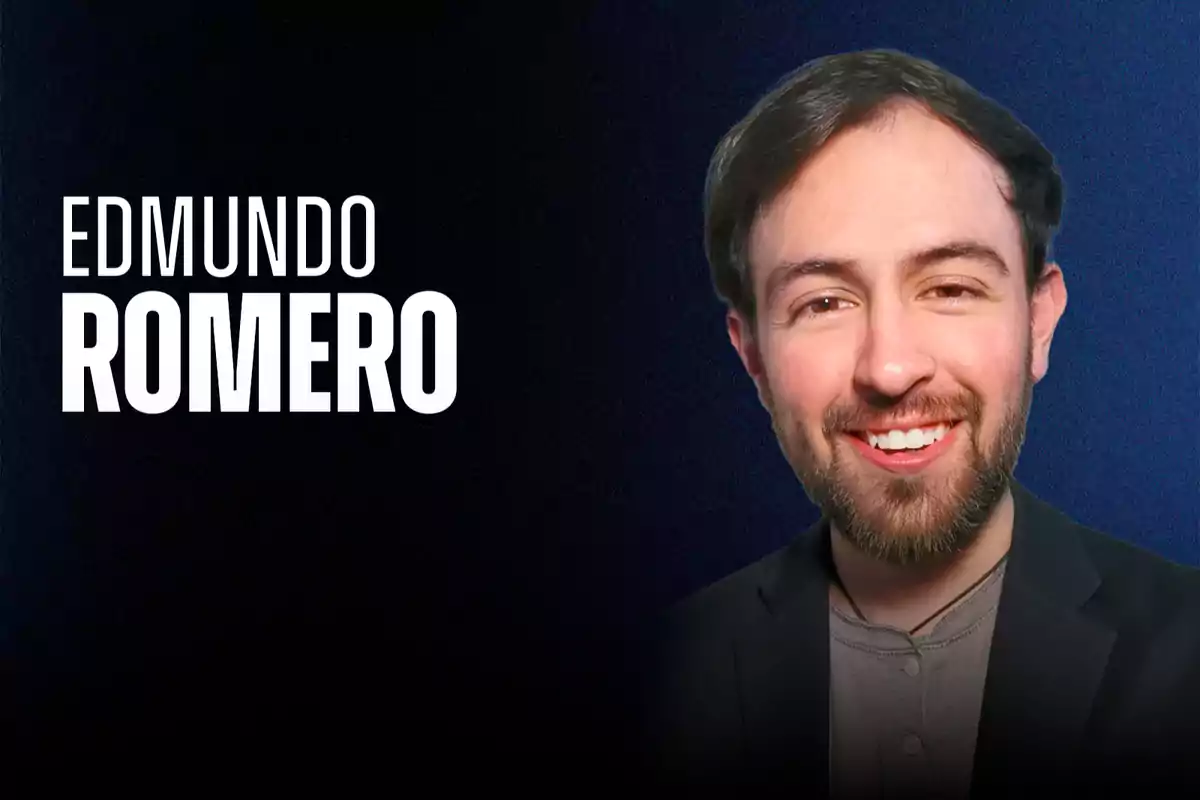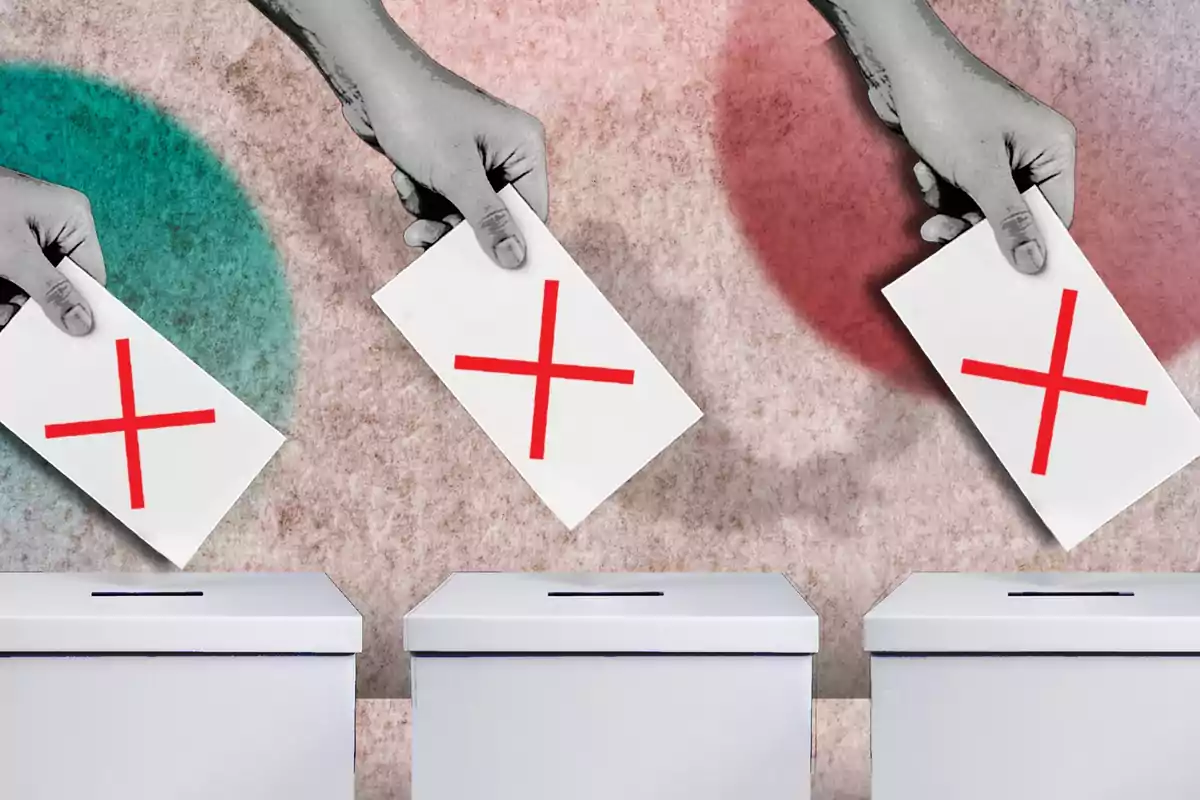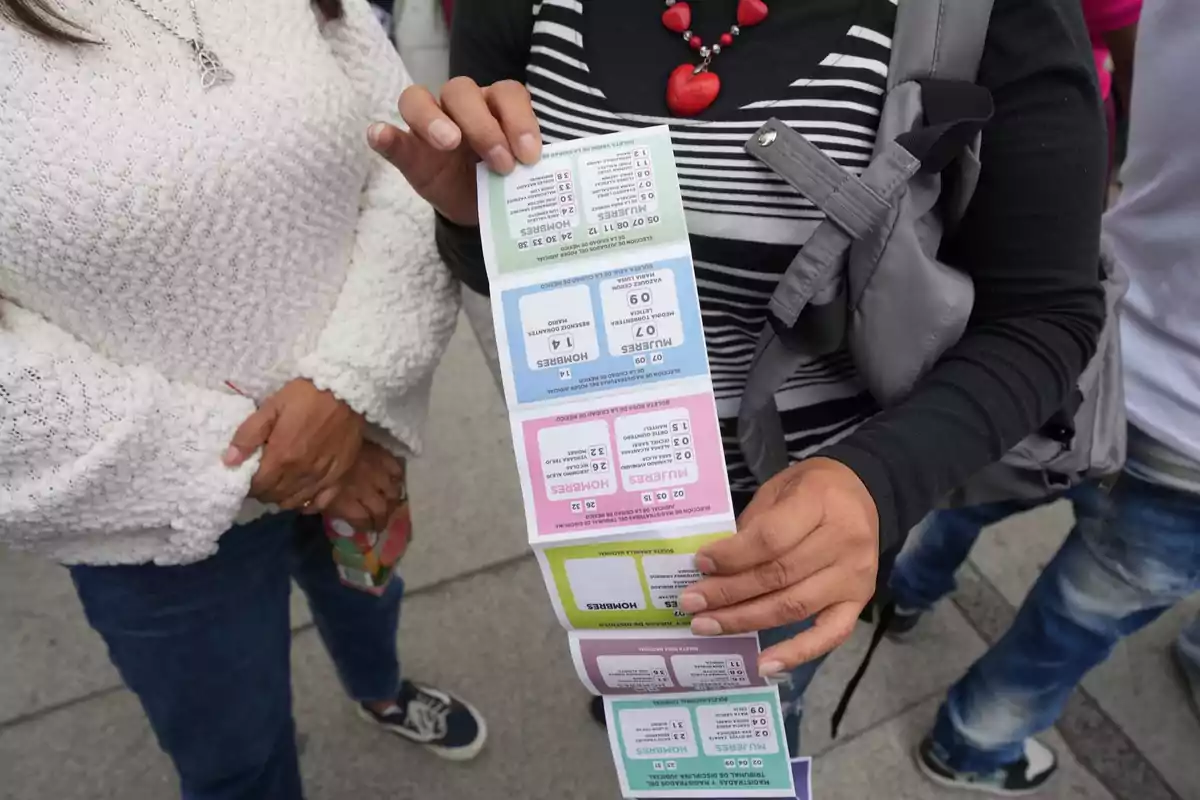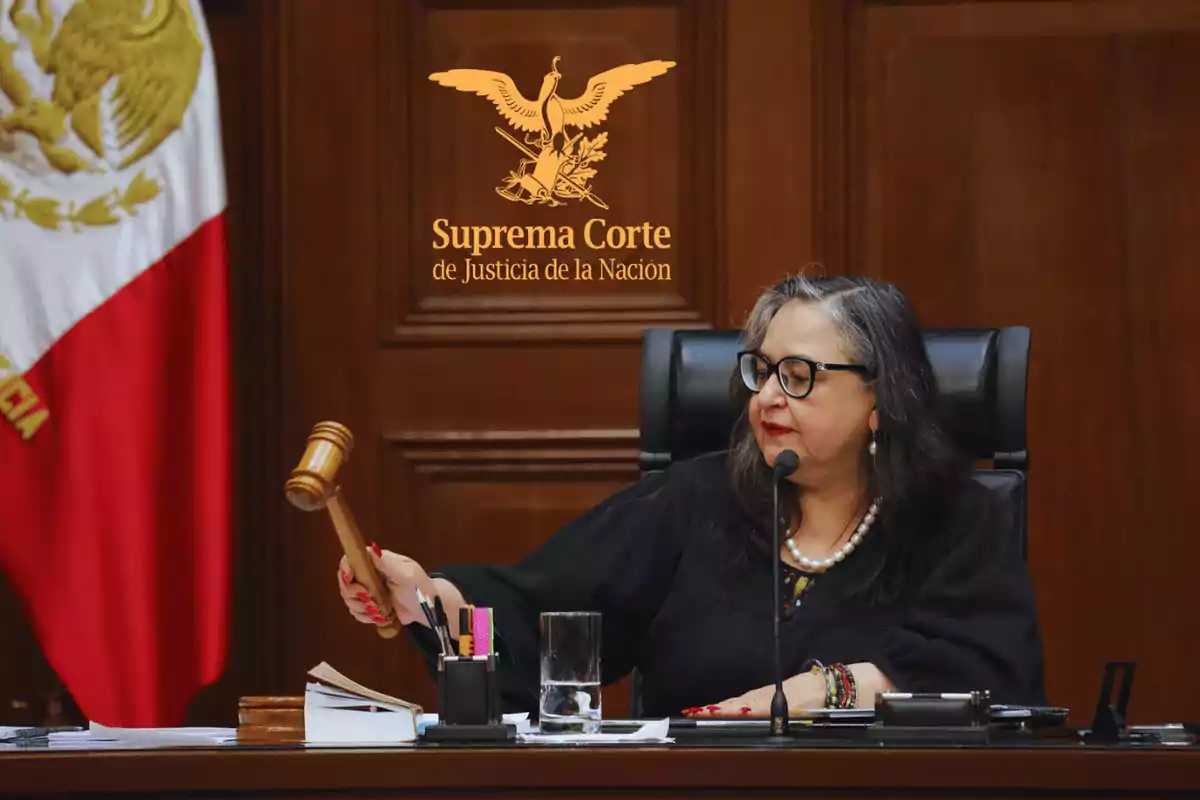
Empty ballot boxes and crowded streets: not voting will shatter the myth of the people's will.
By not going to the polls, a clear message of rejection is sent to a reform that would weaken Mexican democracy
The day has arrived, ladies and gentlemen. We are practically one day away from putting the final nail in the coffin to finish burying our ephemeral Mexican democracy. The outlook is terrible and bleak, citizens are demotivated and some are considering giving up, but what is at stake is the country's future and perhaps this is our last chance to fight.
This June 1, Mexico will face an unnecessary election, but one that is unprecedented: the selection by popular vote of judges, magistrates, and Supreme Court justices.

Morena's government intends to sell this farce as "a democratic advance, something that will help the people of Mexico," but in reality this measure has been widely criticized by experts and even international organizations, who warn about the risks of politicization and loss of independence of the Judiciary. It is obvious that electing judges and justices by popular vote is a complete sham. One doesn't vote for one's doctor, right?
The truth is that the candidates are enough to make you cry...
Inexperienced candidates with highly questionable ties.
Everyone could participate. In fact, almost at the end of the deadline to submit candidacies, the ruling party was looking to bring in names "al chile" to fill the slots.
Prostituting the candidacies in this way has allowed people without the proper preparation to aspire to high-responsibility judicial positions. From 24-year-old youths with no experience to individuals of retirement age, including active businesspeople and figures with clear political affiliations, the list of candidates is concerning.
Even worse, cases have been identified such as Silvia Delgado, former lawyer of Joaquín "El Chapo" Guzmán, who now seeks to become a criminal judge. What a gem.
These situations highlight the lack of effective filters in the selection process and the risk that interests unrelated to justice may infiltrate the system.

Cheat sheets, crib notes, and controversial statements.
It was obvious that, by rushing these elections and without proper safeguards, the ruling party was not going to respect the rules. They never do. Although the law prohibits partisan promotion in these elections, there has been massive distribution of "crib notes" or voting guides that instruct citizens on whom to favor. Obviously, the majority are aligned with Morena. I am not the one saying it, they say it themselves.
The presence of official slogans in the campaigns of some candidates, such as "Do not lie, do not steal, and do not betray the people," reinforces the perception that the government seeks to consolidate its influence in the Judiciary. Is it obvious enough?
What about INE? Fine, thank you, we are just watching... Basically, INE, that defender of the vote and democracy, is inoperative and prefers to pass the responsibilities to the first garlic bread they find.
Let's talk about the risks to democracy and justice... again.
From the beginning this was a bad idea, but for the ruling party everything was planned. Following the same steps as that little red book, surely discussed several times among the socialist members of the São Paulo Forum, now Puebla group.
Holding a popular vote election for judges, in a context like present-day Mexico, with insecurity in the streets, rushed and with little information about the candidates, will result in the election of people without the necessary capacity or independence to administer justice. This not only compromises the quality of the judicial system, but also puts citizens' rights and freedoms at risk, since the law will be interpreted at the convenience of the ruling party.
Just imagine, a court forcing you to apologize to Noroña, in case he feels offended... And no one will be able to defend you.
Furthermore, the politicization currently affecting the Judiciary will weaken institutional checks and balances, allowing the sitting president to consolidate excessive control over the other branches of government.

A call for reflection.
In this context, it is essential for citizens to reflect on the implications of their participation in these elections.
I have great respect for everyone's decision; if you want to go vote, go ahead, it is your right, but know that this doesn't make you more democratic than I am or than someone who chooses not to vote. More than a democratic exercise, this vote will be used to legitimize a reform that threatens judicial independence and the separation of powers.
For this reason, society is draftedon to consider abstention as a form of peaceful and conscious protest. By not going to the polls, a clear message of rejection is sent to a reform that, far from strengthening democracy, will undermine it.
Justice must not be subject to political interests or electoral manipulation. It is serious. We should never have allowed this to advance to this point, but here we are. It is now or never, because it is the responsibility of all citizens to safeguard the integrity of institutions and demand transparent and fair processes in the appointment of those who are tasked with administering justice.
We have a final opportunity, let's not waste it, we learned that, if CNTE can twist the government's arm, we, the true libertarian patriots, can as well.
More posts: